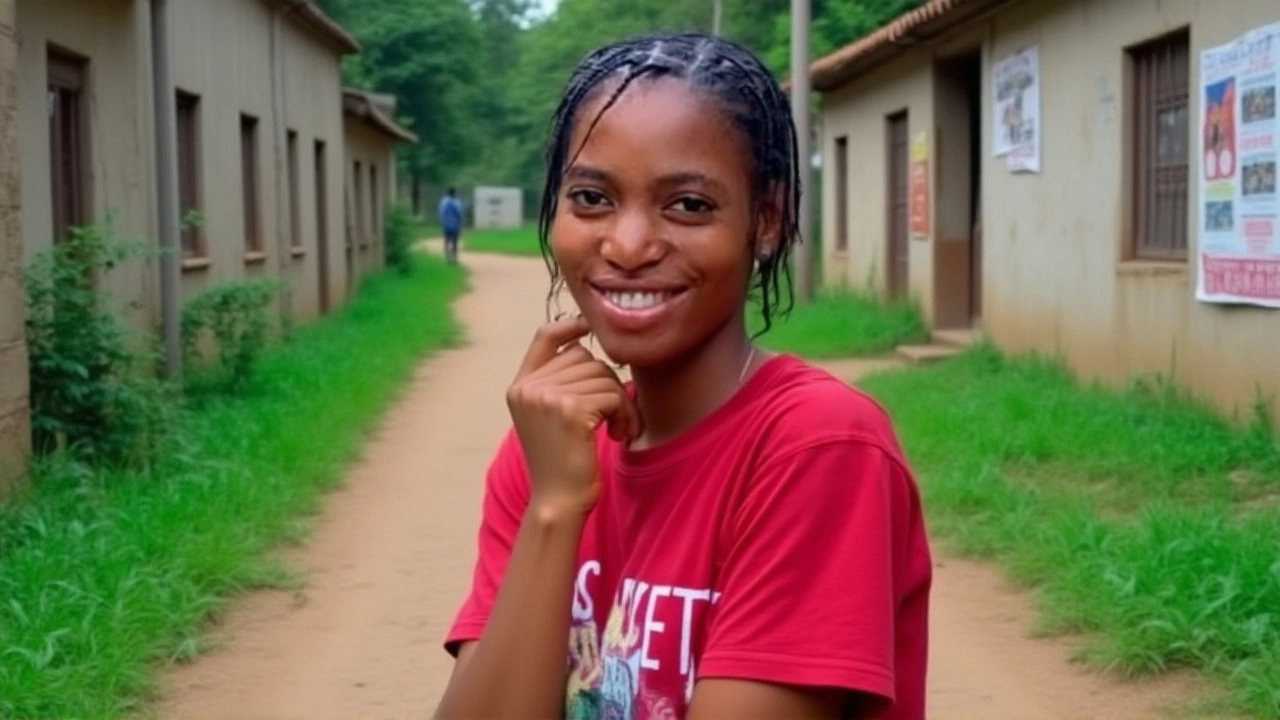Lagos – Your Hub for Nigerian News, Sports and Culture
When talking about Lagos, Nigeria’s largest city and economic engine, known for its bustling ports, vibrant music scene and passionate football fans, you’re diving into a metropolis that never sleeps. Also called Eko, Lagos drives much of the country’s market activity and serves as a cultural crossroads in West Africa, the region stretching from Mauritania to Nigeria, sharing history, trade and language. In short, Lagos encompasses diverse neighborhoods, world‑class stadiums and a relentless rhythm of street life.
The pulse of Lagos is inseparable from Nigeria, the nation of over 200 million people, rich in resources, culture and political influence. Nigeria’s policies, oil revenues and tech boom all shape Lagos’ skyline, while the city feeds back with tax income, talent and global branding. Because of this two‑way relationship, any story about Lagos inevitably touches on broader Nigerian themes – from the latest Central Bank rate cut affecting small businesses to security updates that keep the city’s ports moving.
Key topics covered in Lagos news
Sports lovers will find plenty on the Nigerian Premier League, the top‑flight football competition where clubs like Enyimba, Akwa United and Kano Pillars battle for glory. Match results, transfer rumours and player‑spotlight pieces all flow through Lagos’s stadiums and training grounds, making the city a hotbed for African football talent. Meanwhile, the entertainment scene – often labelled Nigerian entertainment, a blend of Afrobeats, Nollywood cinema and fashion that reaches audiences worldwide – generates daily headlines, from new music video releases to film festival buzz.
Beyond sports and showbiz, Lagos demands robust infrastructure. The city’s rapid growth forces planners to upgrade roads, expand electricity grids and modernise public transport. Recent government moves, like extending tinted‑glass permits and tightening security checks, showcase how Lagos requires constant policy tweaks to stay ahead of challenges. These developments intersect with business news, such as the launch of a $200 million LPG depot in nearby Onne, which promises cheaper fuel for Lagos’s transport fleet and households alike.
Readers will also see how Lagos influences regional dynamics. Trade routes that pass through the port connect West Africa’s economies, while climate initiatives in the city echo across the Gulf of Guinea. When Lagos adopts a new biometric enrollment system for social grants, it sets a precedent that other West African nations watch closely.
All of these angles – football, music, finance, infrastructure and regional impact – weave together to give a full picture of Lagos today. Below you’ll discover the most recent stories that illustrate how the city lives, works and evolves, from breaking match results to policy shifts that affect everyday life.
JAMB faces outcry after Lagos student Timilehin Opesusi’s suicide
Nineteen‑year‑old Timilehin Opesusi’s suicide after a 190/400 UTME score sparks nationwide outcry, with student unions demanding JAMB’s accountability and reforms.
Laide Bakare Says Women Should Have Kids Early, Not Marriage – Sparks Outcry
Nollywood star Laide Bakare advises women to start families early, sparking debate over motherhood, marriage and career in Nigeria.


